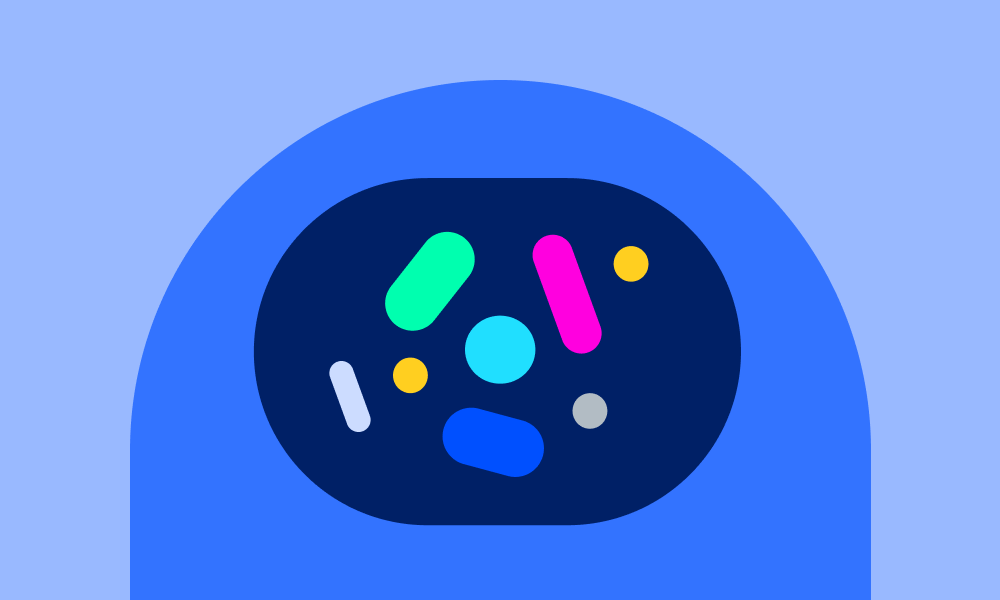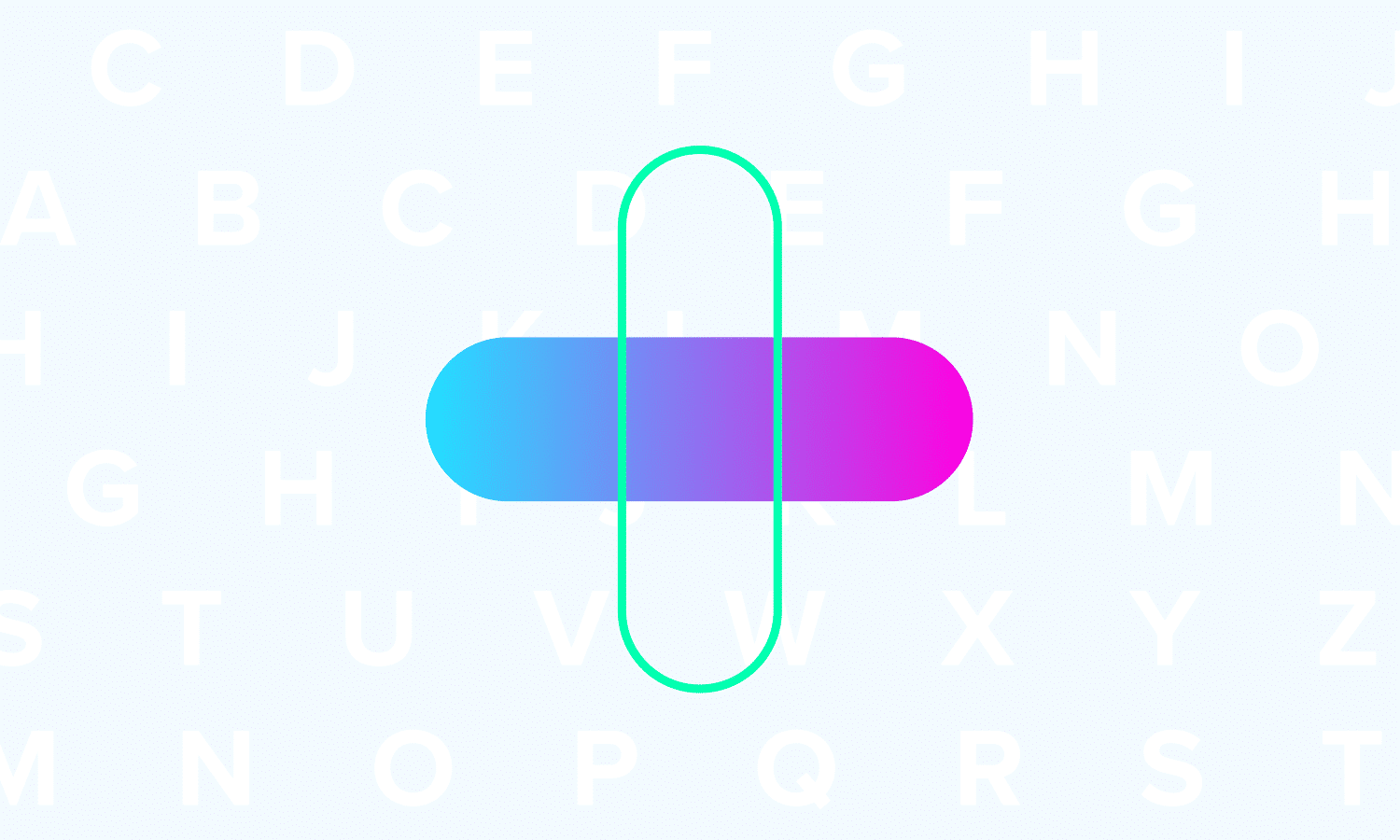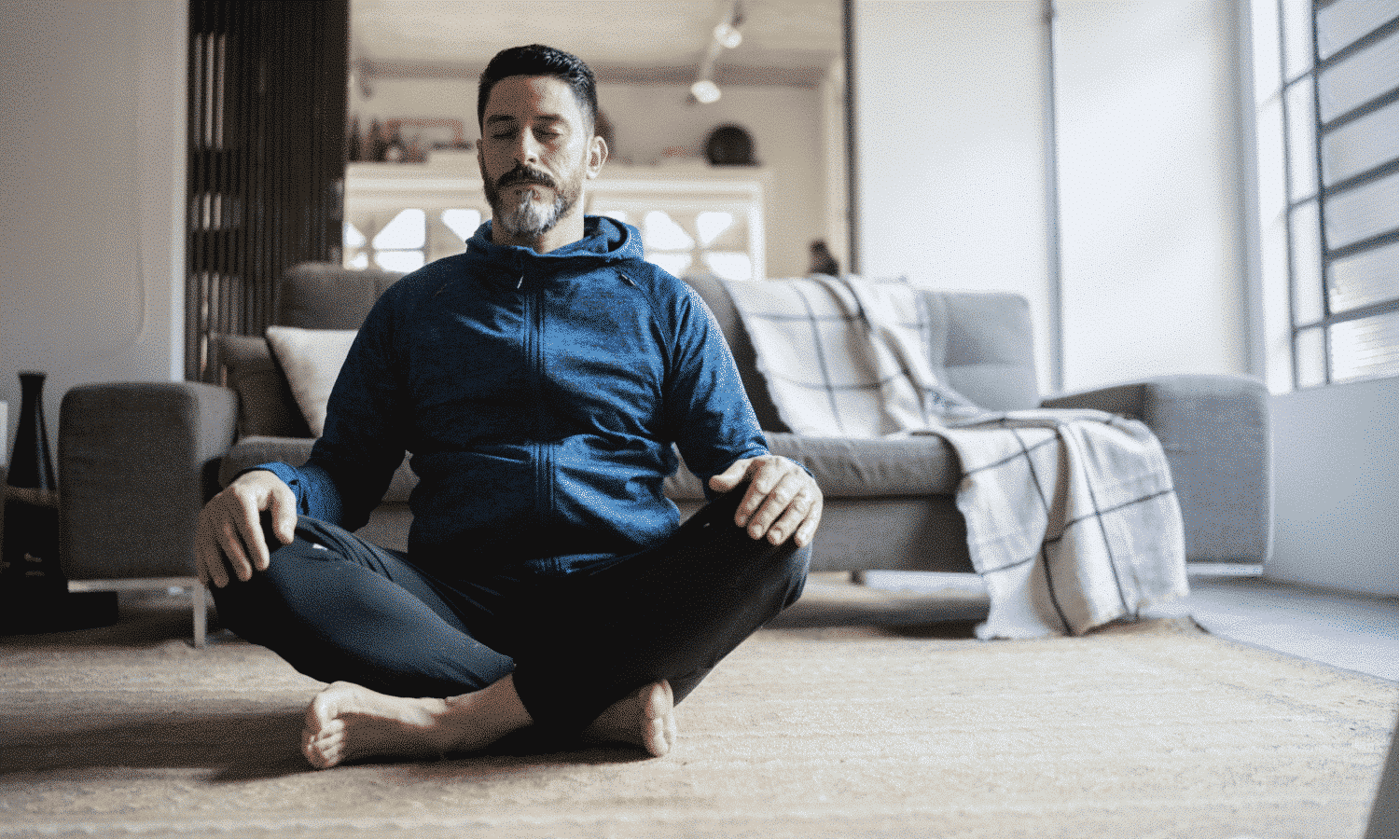|
Getting your Trinity Audio player ready...
|
There’s been an increase in the practice of mindfulness over the past few years. People have been on the lookout for ways to control their stress levels and feel healthier. But what is mindfulness, and can it really impact your health? Keep on reading to find out.
How does stress affect your health?
When it comes to health and overall quality of life, it’s safe to say that stress is the enemy. Stress is unpleasant for everyone, and if you’re living with a chronic condition, stress can act as a trigger that makes it harder for you to stick to your treatment plan and enjoy your life.
Think about the last time you were really stressed out. How did it make your body feel? Stress can cause physical reactions, like high blood pressure, sweating, and headaches. It can also trigger more severe emotional problems like anxiety and depression.
All of the above can have a big impact on your health. Stress affects your appetite, quality of sleep, sex drive, and much more.
None of us would choose to be stressed given the choice. When you’re living with a chronic condition or supporting someone with one, stopping stress in its tracks is vital.
By reducing your stress levels, you improve your quality of life and your health. Easier said than done, though, right?
Many of us have go-to methods to try and reduce stress. Maybe you enjoy a hot bath or going for a walk. These are great ways to get back in touch with yourself and calm down when stress arises.
Practicing daily mindfulness, however, can have a long-lasting impact on your stress levels and overall well-being. At Sidekick, we recognize the powerful relationship between the mind and the body, and we’re excited to tell you all about what mindfulness can do for you.
What is mindfulness?
Mindfulness is all about being aware of the present moment. Connecting with your mind and being aware of your current thoughts, feelings, and surrounding environment is at the core of mindfulness practices.
You can practice mindfulness daily or whenever you’re feeling overwhelmed. Mindfulness practices include meditation, breathing exercises, body scans, and stopping to take a moment for yourself. It sounds pretty simple, but the impact of the mind on the body is huge.
It’s estimated that the human mind thinks between 60,000 – 80,000 thoughts a day. That’s an average of 2,500 – 3,300 thoughts per hour. With our minds wandering and constantly jumping from one thing to the next, it’s no wonder we often feel stressed and overwhelmed.
Learning to control your thoughts and regulate your emotions puts you back in the driver’s seat of your health and well-being, and practicing mindfulness is designed to help you do just that.
How does mindfulness reduce stress?
By practicing mindfulness meditation, you’re less likely to get caught up in negative thoughts. How this works is that your mind develops the ability to make better decisions and more positive choices. Mindfulness is all about slowing down and thinking about what you really need in the present moment.
Mindfulness-based stress reduction helps you to step out of autopilot and pay more active attention. Training your mind to think in this way gives you the power to break the worry cycle, which is vital when it comes to improving your quality of life.
To break the anxiety cycle, you need to become aware of the cycle. So instead of letting your anxious thoughts and feelings drive your behavior, you’ll learn to slow down your thoughts, feelings, and behaviors.
When it comes to your health, mindfulness and stress reduction can have a big impact. If you’re living with a chronic condition, making a conscious effort to become more engaged with your health by practicing mindfulness can help you stick to your treatment plan, respond better to medication, and experience positive health outcomes.
Sidekick’s mindfulness and stress-management features
If reading all of the above has got you excited about what mindfulness can do for you, we’re happy to guide you on your journey.
At Sidekick, we know how powerful mindfulness and stress management can be when they’re included in a treatment plan. Everyone can benefit from mindfulness! For those living with a chronic condition and the loved ones that support them, mindfulness can have a huge impact on the overall quality of life.
Here, we want to tell you all about how we at Sidekick use mindfulness in our digital health programs to empower our users to make positive behavioral changes, manage their stress, and take control of their health.
Gamification
One way to build positive habits and stick to your treatment plan is by staying motivated. Sidekick uses gamification to encourage you to become more involved with your health.
In the Sidekick app, you earn rewards for staying on top of your nutrition, exercise, sleep, and stress, which will help you to adopt long term, positive behaviors.
Completing the daily tasks in the app was very encouraging and motivating for me – that was really great.
Educational materials
When you understand your condition, you’re much more likely to make an effort to build and stick to a positive treatment plan. Mindfulness practices help you to understand and identify your stress triggers. That’s why the right knowledge and education are so important to support you in your mindfulness journey.
The programs created by Sidekick include valuable educational content in both video and text format. These materials are there to help you gain a deeper understanding of your condition so you can take back control of your health.
Mindfulness meditation
You’ve probably gathered by now that we’re big fans of mindfulness here at Sidekick.
Sidekick’s programs are designed to support our users in developing a mindfulness practice that focuses on stress management, improving sleep and mindset, understanding anxiety, identifying stress triggers, and practicing positive responses.
How does this work? The Sidekick app includes functions like; mindful walking, meditation, and daily support and encouragement. These tools help you become more aware of your body’s needs. This includes taking your prescribed medication, drinking enough water, eating well, and getting enough sleep.
I like that the program is so holistic. The inputs in the “Mindfulness” category helped me a lot. Mindful walking, for example, also helps me to reduce stress when I’m out and about.
Empathy and understanding
Our users and their needs are what drive us. That’s why, when you follow a Sidekick program, we want you to feel understood and supported every step of the way.
Sidekick’s programs teach problem-solving methods like thought restructuring, modifying triggers, how to seek social support, relaxation methods, and goal setting.
The empathetic tone of voice used by Sidekick creates a sense of compassion. Feeling understood will encourage you to acknowledge your feelings and thoughts and identify matters within your control. The educational materials in the app also teach you psychological skills to help you manage difficult thoughts and feelings.
Nutrition tracker
Mindfulness can also have a big impact when it comes to nutrition. Functions in the Sidekick app help users to establish a more mindful relationship with their bodies’ nutritional needs.
Being able to track water intake, log meals, and receive nutritional feedback in the app all help promote mindful eating. This practice can enhance your treatment plan, particularly in terms of healthy eating and weight loss.
What I like best is the feedback I get from the coach in the meal diary. Without the program, I would not have dared to change my diet. The app gives me security here. As a result, I was able to gradually change my diet and have lost several kilos so far.
Conclusion
We hope this article got you excited and ready to explore mindfulness. Including mindfulness in your daily routine is a small change that can make a big difference.
Mindfulness meditation has the power to improve so many things, especially the quality of your sleep, your stress levels, nutrition, and more.
Your Sidekick is excited to help you get started. Your mindfulness journey will be a beautiful one, and we’ll be right by your side every step of the way. Programs like Sidekick will help you to practice the art of mindfulness daily and encourage long-term, positive behaviors.













